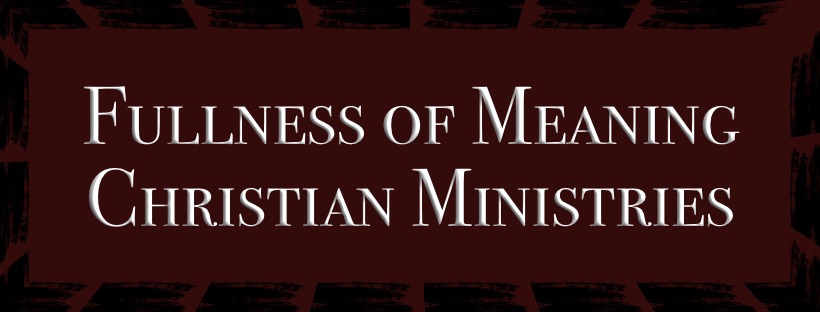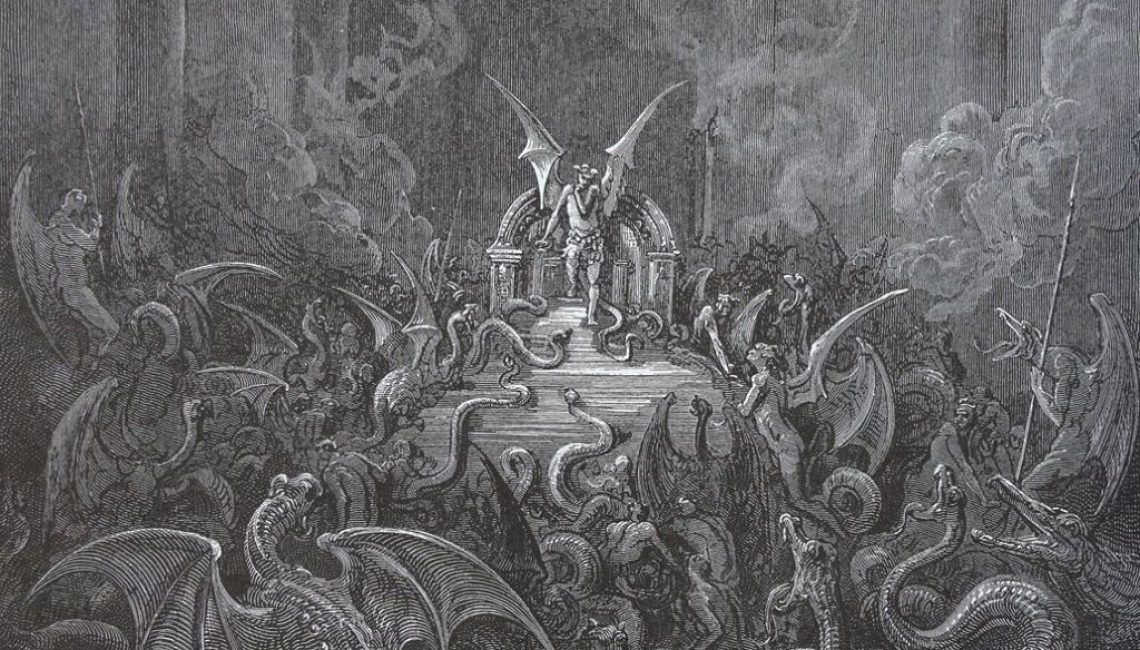“Demons”–dao/midz- literally mean, “dispensing riches/fortunes”. Later, in Greek society, a ‘sympatico’ spirit, demon, common spirit, etc,” inhabiting you or travelling with you would be called a ‘sympathetic spirit’, or simply “Demon”. This, “Demon”, had a different cultural reference and the language shows. “Dae – god/ Mne-the mind”—the god or “governor” of the Mind. That is, ‘that which governs/ persuades your mind. We see the “Muse”, even in Shakespeare’s day to mean the ‘demon’ or ‘spirit guide’ for inspiration. Again, ‘the god of the mind’ or ‘possession’ is found in our seemingly innocuous word, “inspiration”–but, “IN -(infused) + “Spiritos”; “spiros”, ‘breath’, geist, gust, ghost, {Holy Ghost}, demon possession, etc. “ . It seems in every society, we have some form of this ‘demonic’ residue in our own secular religion. “Lady Luck” – the goddess of ‘allotments’; “dice” – deia – the goddess of the casting; “sorcery” – Latin: “sortilege” – spirit of lot casting – or ‘allotments’. D’ or De’ was the root for “demon” in the earliest Proto Indo European accounts meaning both “Demon” and “Deity”. So far away in history, it meant, the “God of distribution”, “God of allotments”, “God of apportionment”, “God of measurement”. Looking up the God mentioned in Beowulf we find his name to be, “Metod”, which literally means in Anglo Saxon, “The Measurer”,….the “Apportioner”. Terms such as “ration, reason, ratio,” all have the P.I.E. (Proto Indo European) root, “R-T”. Finding, “ap; apo = of, off, dispensed from” and “R-T”, we have the word, “apportion”. The Divinity of “apportionment” would fit the Deity of dispensing. The difference between the Demons and the God of Love is divided here: The will of humankind looks for ‘satisfying’ (Satis-Latin-‘sad’/ ‘satiating’; ‘meeting’ ‘filling up’, ‘weighted down’, depressed, etc.) while the Apportioning God of the Christian Faith “dispenses” that which is ‘appropriate”/ “needed”/ healthy/ even if that means tragedy, calamity, loss, etc–as we see in the early stories of a Job like character in Early Mesopotamia and the Bible’s Job. Appellation (title giving) from the secular world to the “Christian” world should take caution until they know the *Theology* they ‘dismiss’ (might I add: I could create many “paper-jesuses” and trash them–because they aren’t befitting the NAME of “Jesus” by His actions, deeds, fulfillments, etc.) Likewise, “Christians” should do the same with the secular (saeculum-‘the sack’) world–the contained world in all of it’s views. Think about this: “Lucifer” is Latin word for “Light (lux)” + “Bearer (fer-)”. Is not the Christian God, Christ Jesus “The Light Bearer”? Isn’t, therefore (in accurate Latin/ Linguistic terms of fulfillment), Christ Jesus the true “Lucifer”? Isn’t the “Lucifer”, which holds condemnation, condemned for what he is not ‘meeting’ to the ‘name’ of the ‘title’? — What is in the ‘lacking’ of the ‘name’ for this false ‘light bearer’? – The idea of the desire for the ‘shining, glory, riches, fame, shining above others’. This IS the answer. Name is NOT Title. Having the ‘title’ does not ‘complete’ the gold or bank to the title’s fulfillment until that ‘title’ has been completed to the utmost -sealed in perfection.
For both the “Secular (such a ‘misnomer’ – because, “Christianity” is ‘in the sack {saeculum/ “secular”} of the world too)” and Christian camps: watch your appellations vs. authoratitive names (Greek: “Nomos” – “name”, “authority”, “genuine”, “Genius”, Geneology, “law”). That is, don’t just label someTHING into the camp of the “Sack” and leave it as ‘defined’. What a loss for the Saeculum!
Footnote for the word, “Secular”:
c. 1300 (Medieval Latin) “Saeculum”: living in the world and not belonging to a religious-Hierarchical sect”. “Belonging to the order of the statehood” < (ill defined as ‘non-religious’ when an ‘ordered-system’, ‘knots on a cordoned rope’, ‘modus-operandi’ are absolutely considered ‘religious’ in it’s linguistic bank from the P.I.E. to Medieval Latin’. Only presently, have we detached ourselves from this beautiful meaning?). P.I.E. (proto indo european) – “sai”-’to bind’; –as in “sinew”; also, the P.I.E. gives us the idea of “seed, generation, lifetime of a man to his son having a son then passing”, “to sow”. Gothic: mana-seths -”mankind, world”…Literally, “the seed of men”. The French, “siecle”–cf, “cycle”. The early Latin gives us, “of an age”…”of this race, sack, genealogy and the *duration* for it… “This age’s duration”. As opposed to Aeon Aeones – perpetual time; eternity, but, similar or comparative to ‘aeon’ which means, ‘a duration of time’, ‘a period of time’. From here, the Welsh, “hoedl”-”lifespan, age”. P.I.E.
Today’s, “Postmodernism” or “Post-Truth (cf. Oxford English Dictionary-{sadly, awarded most popular word for the year}) gives us its own definition (one that I do not adhere to): “exclusion of belief in God from matters of ethics and morality”. Interesting, the ‘secularists’ are now defining themselves devoid of ‘ethics’ and ‘morality’ when I would argue that they must hold to an ‘ethic’ or ‘manner’ = ‘how to ‘manipulate’ or ‘manus’ in the Latin, “handle” your life’–hence, ‘hand’; ‘manus’.





